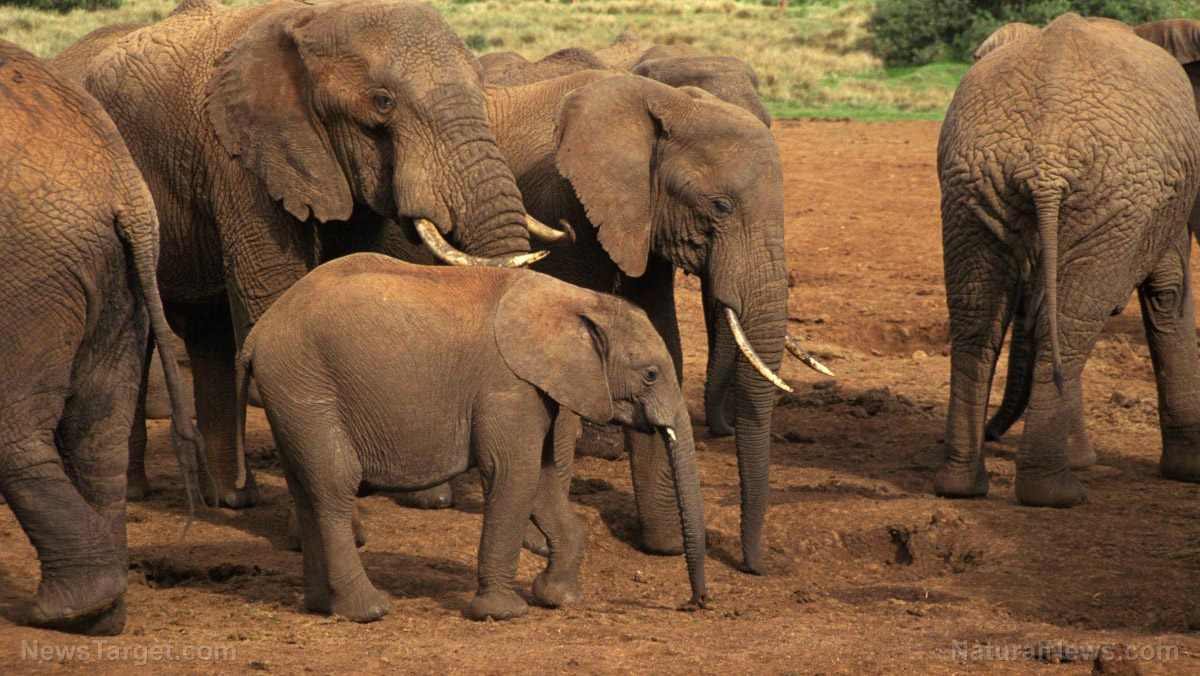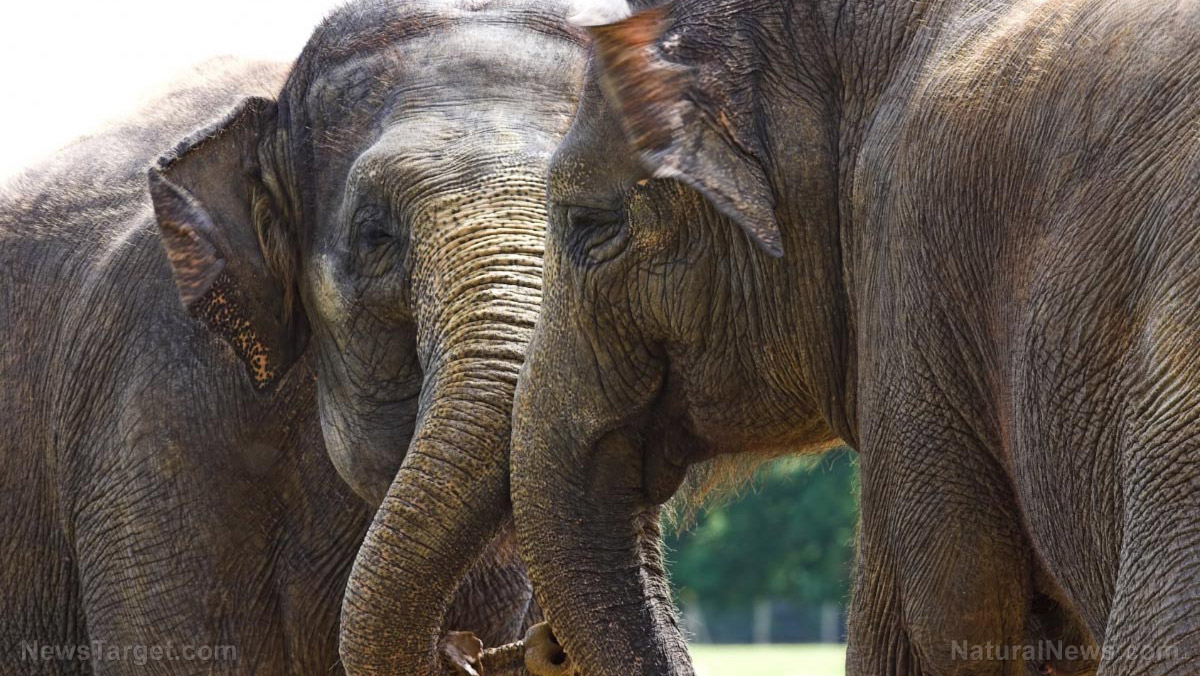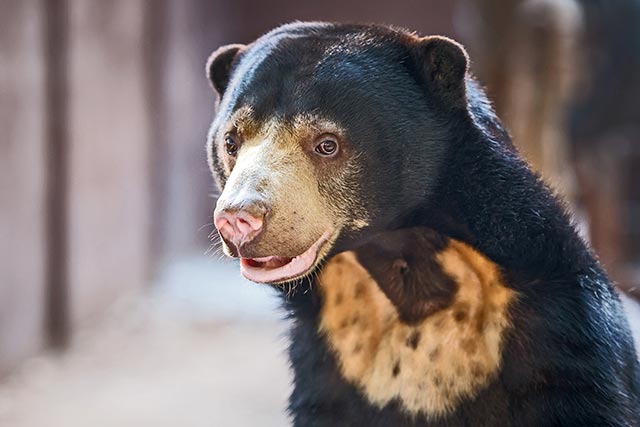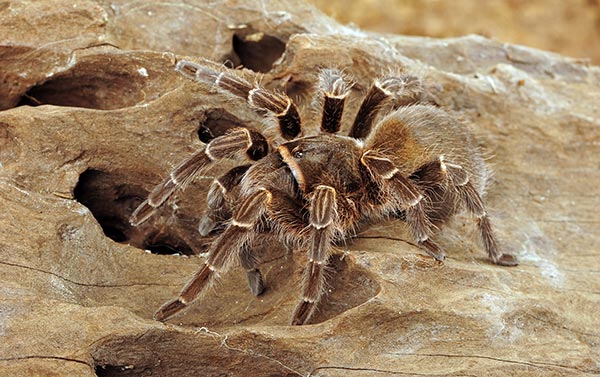
Furthermore, the study found that the appearance of tourists drove elephant herds away from the their feeding grounds and resting places. The researchers did acknowledge wildlife tourism's financial contribution to wildlife conservation, but they also urged people to think of the harmful effects on the animals.
Supported by the Liverpool John Moores University (LJMU), the researchers spent more than 15 months in the Madwike Game Reserve in South Africa. They studied 26 individual male and female elephants.
LJMU researcher Isabelle Szott urged wildlife tourists to minimize the adverse effects of pestering elephants and other wild animals in their home environment. By adopting best practices such as keeping their distance and avoiding making a ruckus, tourists can enjoy themselves while keeping the animals safe. (Related: Agricultural chemicals and destructive practices caused butterfly numbers to plummet by 66%.)
Wildlife tourism might be stressing out elephants and other animals
Studies show that captive elephants usually develop post-traumatic stress from getting trained to perform entertaining stunts as well as from the actual performance itself. The LJMU report says that wildlife tourism causes the same amount of anxiety and fear in free-ranging wild animals.
Szott's team found a connection between the rising number of wildlife tourists and the withdrawal of elephants from frequently-visited spots. The more tourist-laden vehicles present in the vicinity, the higher the chances of a herd leaving the increasingly crowded area.
Only a few studies have covered the harmful effects of wildlife tourism on animals, especially elephants. Existing literature on bison, rhinos, and other species does warn that the presence of tourists tends to bring out alert, aggressive, fearful, stressed, and vigilant behavior.
“Mega-fauna, such as African elephants, are among the most popular species for wildlife viewing, particularly for international tourists,” noted Szott. “Yet research assessing the impact of tourist pressure, in form of monthly numbers of tourists, or tourist presence, in form of vehicle presence, on elephant behaviour is scarce."
Furthermore, free-ranging elephants reportedly steer clear of human roads and villages. Some herds even go so far as to behave and move very differently, suggesting that the animals are going out to their way to avoid running into humans.
Tourists need to give elephants some breathing room
The LJMU study examined the effect of elephant viewing from game drive vehicles. These vehicles are recognizable for their large size and seating capacity. The driver usually brings the vehicle to a stop when they encounter an animal on the road.
The number of such vehicles was restricted at each siting to three at most, not including the researchers' vehicle.
“Our results show that even with regulations in place, where wildlife viewing is carried out exclusively from GDs driven by qualified guides and overall numbers of tourists viewing elephants at any time are restricted, tourism led to changes in behaviour of the viewed elephants,” Szott revealed.
She also said that elephants might get frustrated and stressed if unwanted human visitors popped up at their watering hole. Some animals can even get targeted by other members of the herd.
Szott brought up several suggestions to reduce the risk of conflict between tourist-laden game drive vehicles and stressed wildlife animals. Field guides should keep a minimum distance between them and the closest animal during the initial approach, and they need to maintain that distance at all times.
Wildlife reserves must also keep track of their elephants and see if the animals are getting stressed by tourists. They should teach their personnel how to monitor elephant behavior.
Sources include:
Please contact us for more information.























